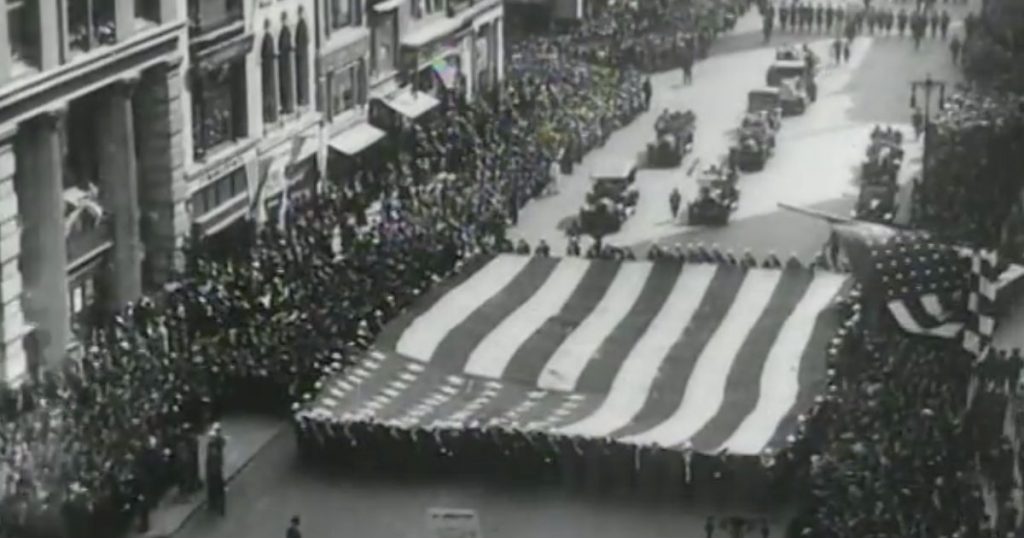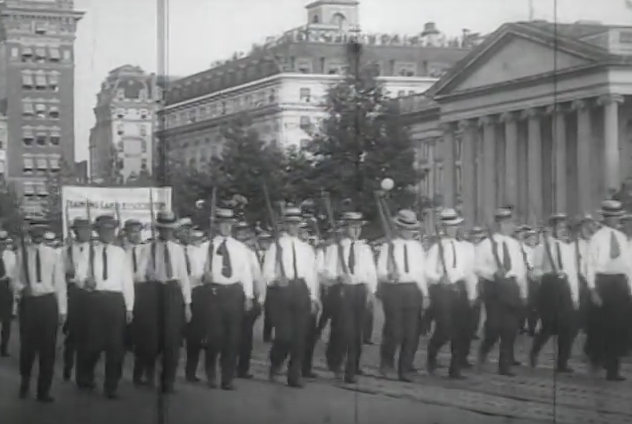Labor Day in the U.S. has not always been a day of fun. Here’s a little history, including 9 interesting Labor Day facts that may surprise you.
1. Labor Day festivities actually began as a protest parade in Canada in 1872. Workers there wanted unions, which at the time, were illegal.
2. Even though US unions were already legal at that time, union officials here were impressed and suggested a similar rally to express wishes for better rights. They scheduled it for Sept 5, 1882 because it fell directly between July 4 and Thanksgiving. At the time, American workforces typically worked 7 days a week, 12 hours a day. Thousands of marchers joined the Sept. 5th march to petition for an 8 hour work day.
3. US workers continued the annual marches and, 2 years later, planned to parade on the first Monday in September. Most of these laborers had to take the day off from work, forfeiting pay, as the day was not yet recognized as a holiday.
4. In 1887, Oregon was the first state to legalize the Labor Day holiday. Some other states, including New York followed.
5. Labor Day marches gained national attention in 1894, when some Illinois railroad workers went on strike to lobby for higher pay.
6. President Grover Cleveland sent 12,000 National Guard troops to aggressively control those crowds. Violence ensued and 2 strikers were killed. To combat the backlash against him and create goodwill amongst the workforce, the President then named Labor Day as a National holiday. He still lost the next election.
7. Over time, unions became much more widespread and over a third of all US workers were unionized. Even though most workers had the day off, Labor Day was still observed as a day of marching and petitioning for workers’ rights.
8. Today, some factory and industrial towns still hold workers’ rights marches, but the day is largely regarded as a day of leisure to mark Summer’s last hurrah.
9. Historians say the expression “no white after Labor Day” comes from when the upper class would return from their summer vacations and stow away their lightweight, white summer clothes as they returned back to school and work.
WATCH: The complete story, including many Labor Day facts you may not know.
SUGGESTED FOR YOU: Pioneer Woman’s Best Summer Recipes Will Be A Hit At Your Cookout

